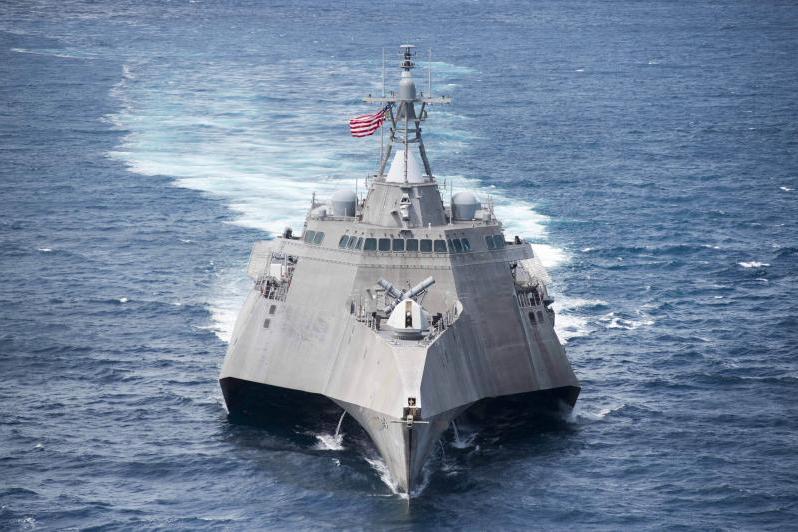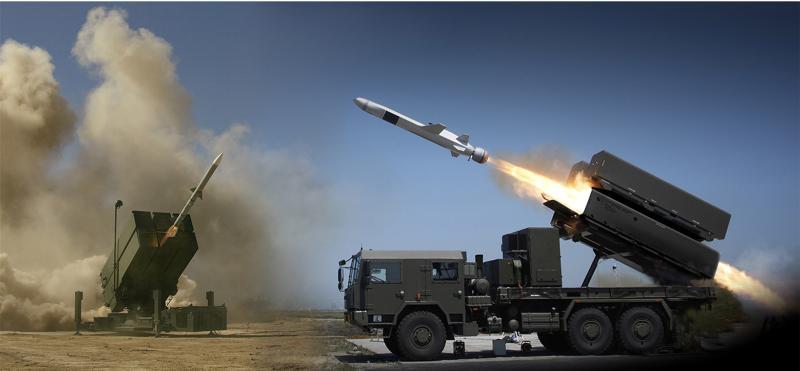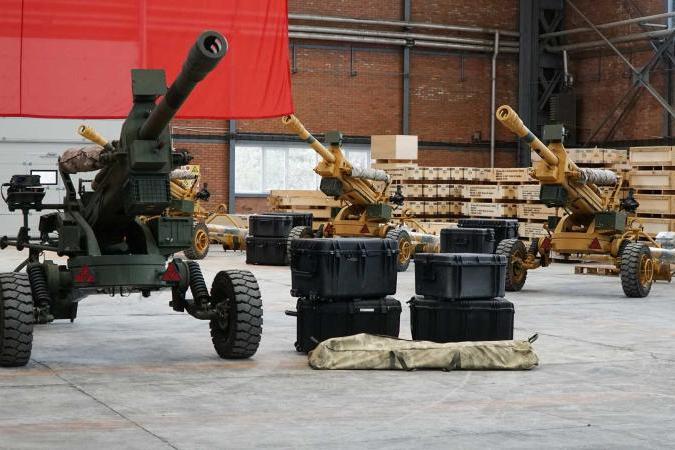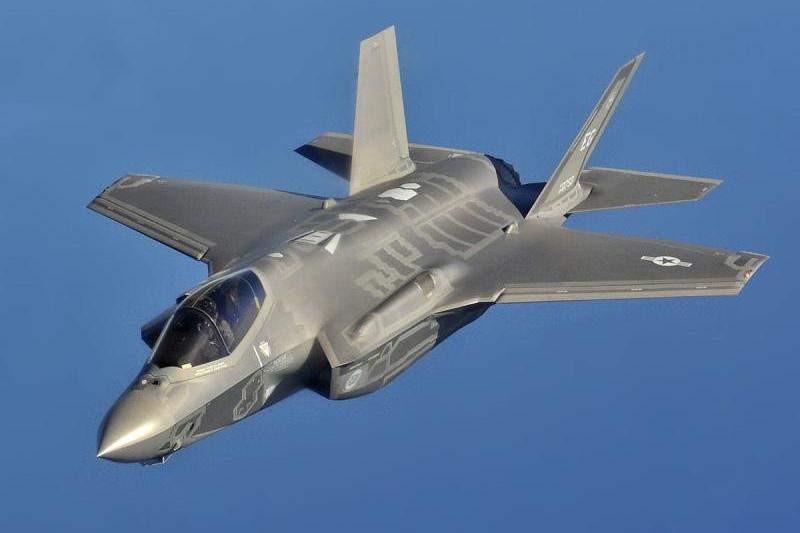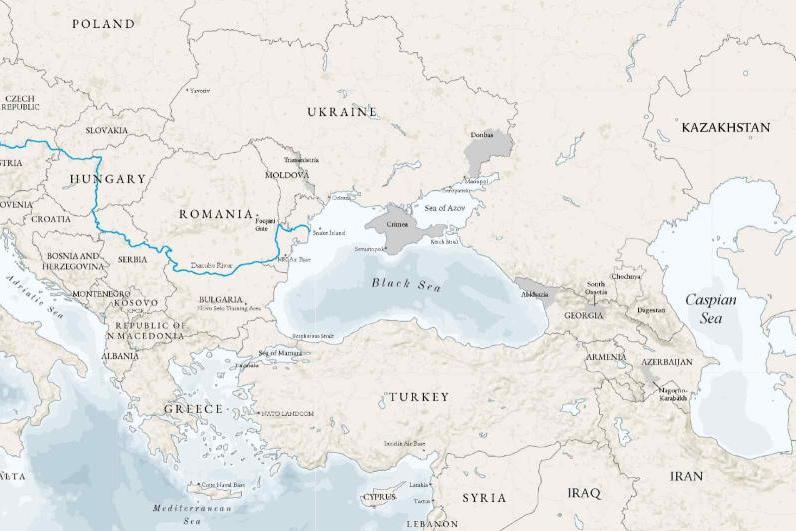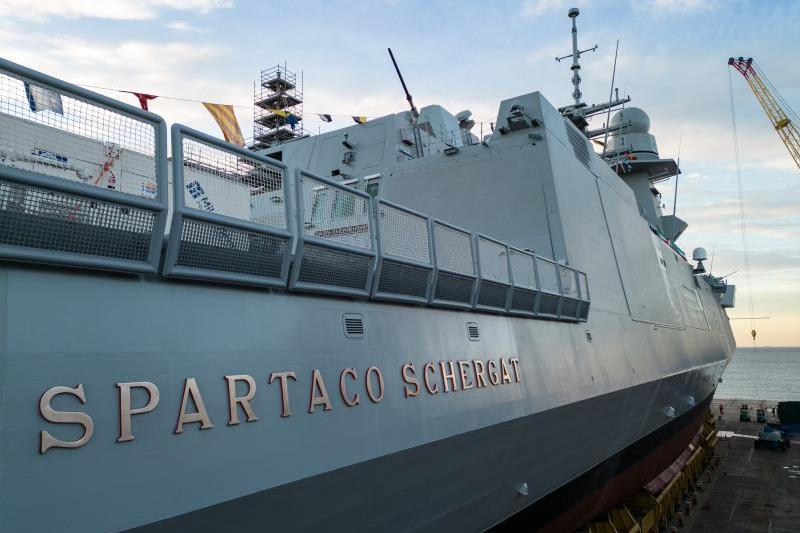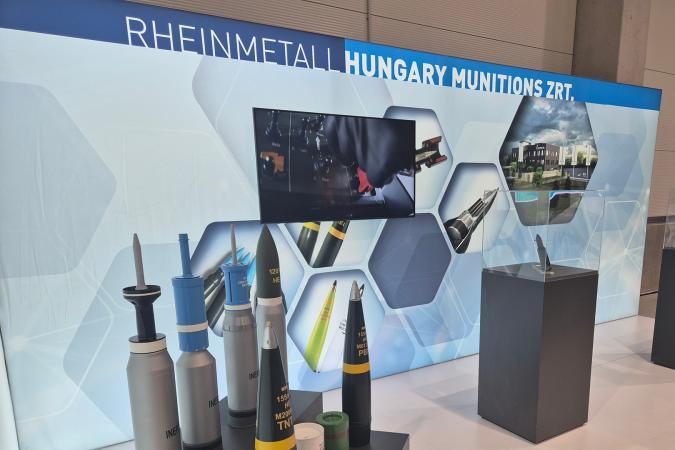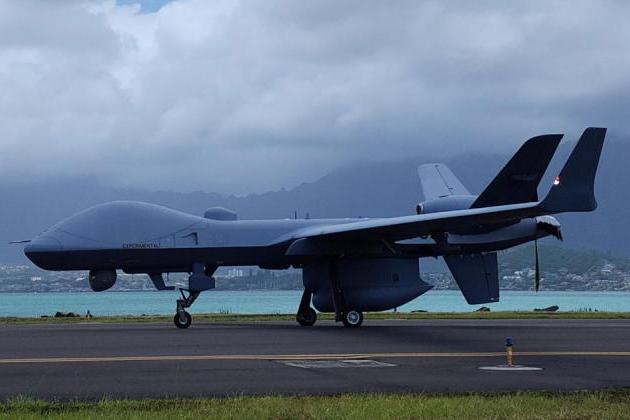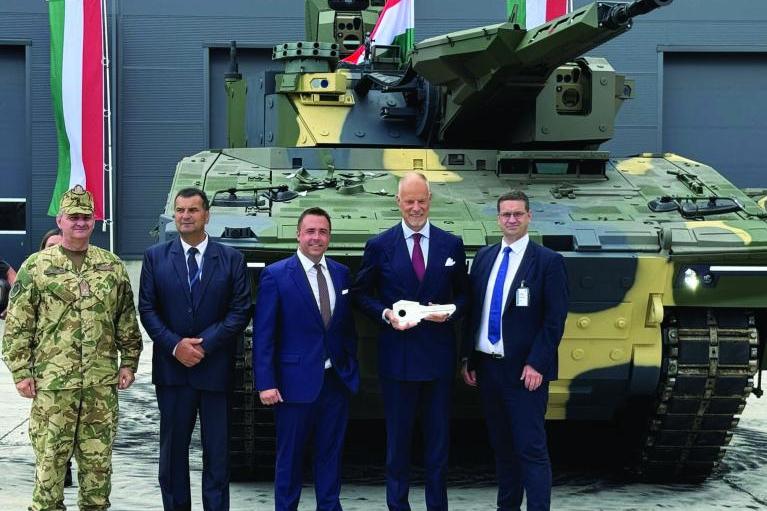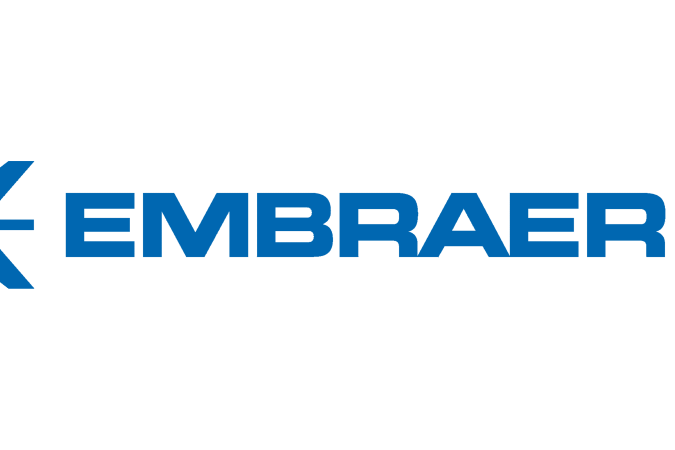Leonardo and Telespazio announce the winners of #T-TeC 2022, an international Space-related Open Innovation contest
First prize awarded for the design of in-orbit collision avoidance software by a team of Delft University of Technology (Netherlands) and Observatoire de Paris (France)
Winners are offered the opportunity to establish a start-up and start an acceleration pathway within Leonardo's Business Innovation Factory
#T-TeC 2022 included 20 projects developed by students and researchers from 21 universities in 12 countries
The awards ceremony of #T-TeC 2022, the Open Innovation contest promoted by Leonardo and Telespazio, was held today in Brussels in the frame of the 15th European Space Conference. The contest was open to students and researchers from universities and departments around the world with the goal of promoting Space technology innovation among the younger generation, enhancing their ideas and insights, and imagining, together, the technologies that will shape the future.
The awards were presented by Leonardo's Coordinator of Space Activities and CEO of Telespazio, Luigi Pasquali, Leonardo's Chief Technology and Innovation Officer, Franco Ongaro, Telespazio's Head of Innovation and Technology Governance, Marco Brancati and the Italian astronaut Samantha Cristoforetti. The ceremony was attended by the Director General of the European Space Agency (ESA), Josef Aschbacher, and the President of the Italian Space Agency (ASI), Giorgio Saccoccia.
Now in its fourth year, the Telespazio Technology Contest – which in 2022 saw the participation of 20 projects from 21 universities in 12 countries – has turned into a start-up incubator. Indeed, in addition to a cash prize of EUR 10,000, the winner will access an acceleration pathway to develop the winning project through Leonardo's Business Innovation Factory (BIF).
The first prize was awarded to a team from Delft University of Technology (Netherlands) and Observatoire de Paris (France), which presented the SAFE – System to Avoid Fatal Events project presenting an innovative software package, easily integrated into any ground station, that assesses the probability of collisions in orbit and suggests optimal manoeuvres to avoid them, minimising fuel consumption and service downtime.
The second prize, worth EUR 6,000, was awarded to a team from Imperial College (UK), Max Planck Institute (Germany), ETH Zurich (Switzerland), Stanford University (USA) and University of Oxford (UK). The project name is SPAICE and aims to support In-Orbit Servicing by means of a solution based on photorealism enhancement techniques, i.e. on improving the realism of the synthetic (computer-generated) images of spatial equipment. Through the use of artificial intelligence, SPAICE provides accurate images necessary for in-orbit operations aimed at approaching and docking a moving object, such as when refuelling or repairing a satellite. The project will participate to a pre-incubation pathway organised by I3P, the incubator of Politecnico di Torino. After this course, the team may aspire to a place on the incubation pathway of the European Space Agency at the Business Incubator Centre of Turin (ESA BIC Turin).
The third prize, worth EUR 4,000, was awarded to a team of the Politecnico di Milano and its SunCubes project. This seeks to provide an alternative to the current system for supplying power to orbiting assets by 2 means of a satellite network whose main purpose is to produce and store energy, thus dramatically reducing the cost of on-board power generation and storage systems borne by satellite manufacturers.
A fourth team of the Politecnico di Torino received a prize introduced this year as a novelty, namely the Test-it Award. In the opinion of the jury, the Constellation architecture in lunar orbit for energy wireless transmission on the Moon is ready for a “proof of concept” financed by Leonardo with the technical collaboration of Telespazio. This will provide the team with the tools and resources to move from the idea to experimenting and verifying the design in the laboratory.
“The latest Telespazio Technology Contest constitutes both a confirmation and a change of pace in the history of this contest. For the first time, we have decided to promote an outright pre-incubation and acceleration pathway that will help the most deserving projects to become real, tangible solutions, capable of contributing to the growth of the Space economy,” said the Coordinator of Space Activities at Leonardo and the CEO of Telespazio, Luigi Pasquali. “Today, we intend to reward innovative ideas from students and researchers involving frontier technologies, while increasingly respecting the concept of sustainability also in the Space sector.”
“Research and innovation are at the heart of our activities,” said Franco Ongaro, Leonardo’s Chief Technology and Innovation Officer. “In this regard, strengthening a shared innovation model is essential if we are to find solutions that can enhance our product and service offering. Initiatives such as #T-TeC help establish a direct channel with talented young people, start-ups and universities. We wish to strengthen our open innovation system which, for Leonardo, currently consists in collaborations with more than 90 universities and research centres worldwide. We can count around 400 ongoing research projects, more than 90 PhDs funded in 2022, and over 100 researchers working at the Leonardo Labs, the company’s research laboratories dedicated to frontier technologies.”
This initiative is one of the activities promoted by Leonardo for Open Innovation: a sharing of innovation that has taken on a key role in promoting new ideas and opportunities, with a long-term vision set out in the Be Tomorrow – Leonardo 2030 strategic plan.

